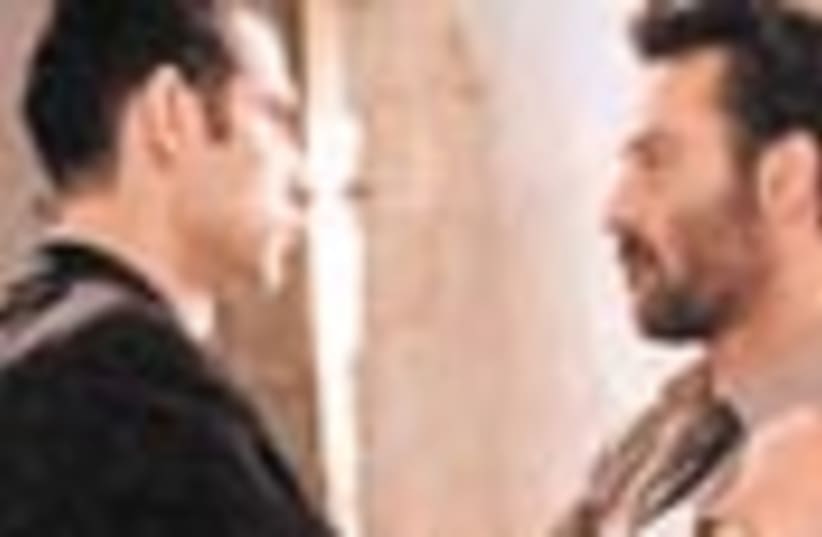| More about: | The Syrian Bride, Ali Suliman, Paradise Now, Tel Aviv |
To read the mind of a suicide bomber
Watching Paradise Now, a movie about two Palestinian suicide bombers planning to blow up a bus in Tel Aviv, is disturbing.


| More about: | The Syrian Bride, Ali Suliman, Paradise Now, Tel Aviv |